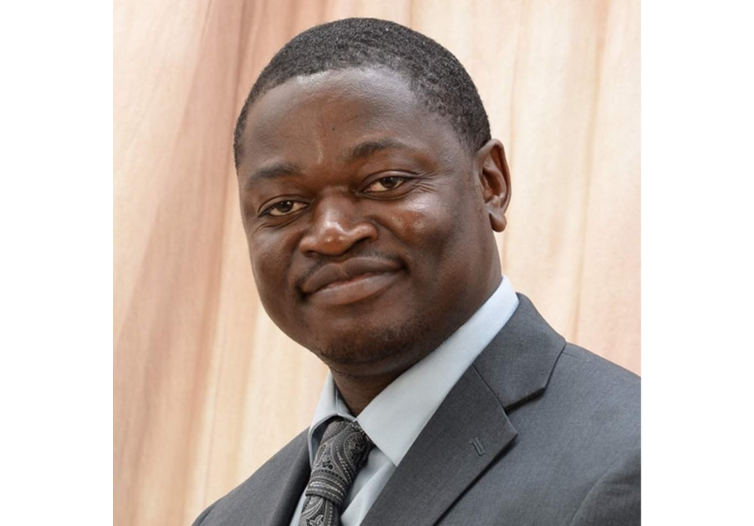Fred Tabung appointed to National Cancer Advisory Board
Tabung is pioneering innovative approaches to studying the role of diet in cancer

President Joe Biden announced his intent to appoint Fred Tabung, assistant professor of epidemiology at The Ohio State University College of Public Health and assistant professor at the College of Medicine and Comprehensive Cancer Center to the White House National Cancer Advisory Board in February.
Tabung is among six leaders in cancer care and research newly appointed to the board. The National Cancer Advisory Board plays an important role in guiding the director of the National Cancer Institute in setting the course for the national cancer research program and will complement the White House’s Cancer Moonshot.
Tabung conducts a research program aiming to advance our understanding of how diet-related metabolic dysregulation impacts cancer risk and treatment response and to translate this knowledge into heathier eating and therapeutic diets. He is pioneering innovative approaches to studying the role of diet in cancer, some of which includes integration of the metabolic properties of specific foods beyond their caloric content.
Tabung’s experiences growing up and working in Africa strongly influenced his focus on diet and nutrition as a key determinant of health and disease, especially cancer. After obtaining his undergraduate degree in medical laboratory science, Tabung worked in the pathology laboratory of a reference hospital in Yaounde, Cameroon, helping to diagnose cancer, while also volunteering time to help start a population-based cancer registry for the city.
Convinced that effective cancer prevention methods were sorely needed, Tabung pursued graduate-level education in nutrition and cancer epidemiologic research under the Fulbright Scholarship Program, where he focused on the study, elucidation and development of novel dietary pattern research methods.
Tabung’s work as a researcher has been recognized with multiple awards, including the Breakthrough Graduate Scholar Award and the Doctoral Achievement Award at the University of South Carolina in recognition of outstanding graduate school accomplishments. Most recently, he was named an American Cancer Society Research Scholar. Tabung was also appointed to serve in the mechanisms expert committee advising the World Cancer Research Fund/American Institute for Cancer Research on potential biological mechanisms underlying the role of diet in cancer risk and prognosis for their Global Cancer Update Program.